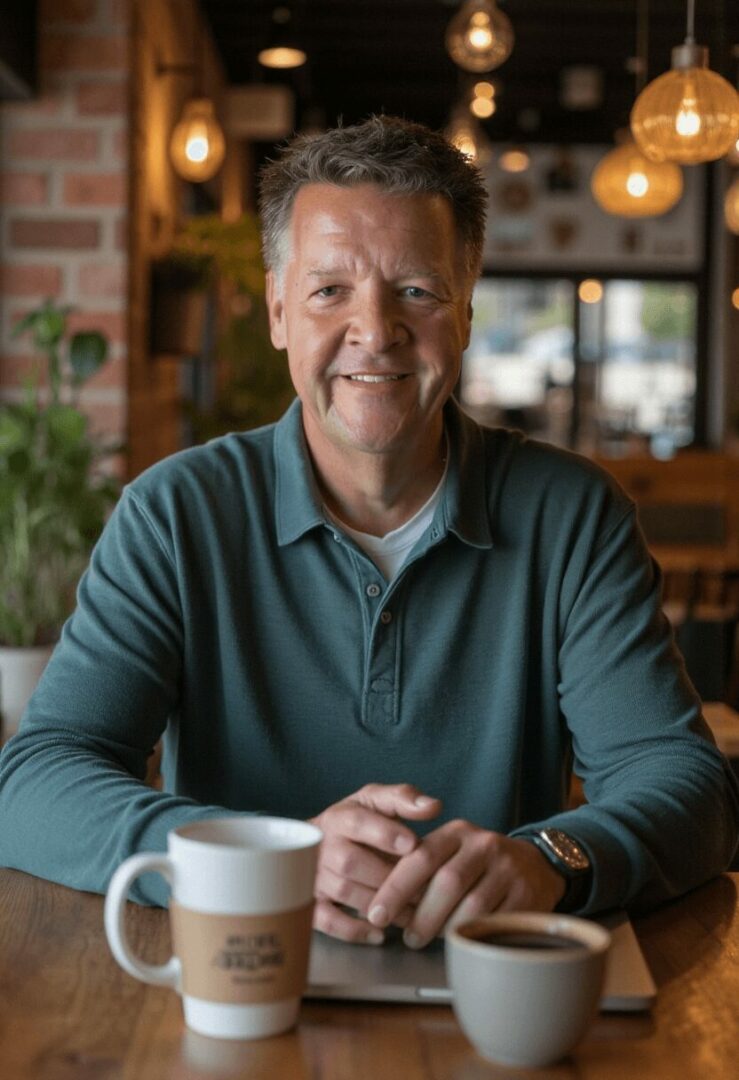We recently had the chance to connect with Steve Dealph and have shared our conversation below.
Steve, really appreciate you sharing your stories and insights with us. The world would have so much more understanding and empathy if we all were a bit more open about our stories and how they have helped shaped our journey and worldview. Let’s jump in with a fun one: What is something outside of work that is bringing you joy lately?
In September 2024, I began volunteering to build a Community Garden in my town of Burbank. We were given a location by the City and started preparing it. In the first several months, the project involved extensive landscaping, including removing weeds, vines, and tree trunks, as well as excavating a large amount of hard, rock-filled earth to create garden beds. By April of this year, we had built 46 plots/raised beds, including a couple for those who might need special access. Now, a little over a year later, those of us with plots are harvesting vegetables, herbs, and flowers, and planning our next garden for the coming spring. It’s been great to meet new people and learn from each other. I have found that visiting the garden daily (if possible) brings me great solace and joy; not only because of what I am growing but also because of being a part of a great accomplishment for our community. We received over 100 requests for the plots, indicating a significant level of interest and need. Hopefully, we have set the standard to build additional gardens.
Can you briefly introduce yourself and share what makes you or your brand unique?
For the past 8 years, I have been an independent organization development consultant and executive coach. I work with leaders across all types of organizations and leaders at all levels. I specialize in helping to develop strategy, organizational change, and transformation, and working with leaders and organizations to develop the skills and culture they need for success.
I spent almost 20 years working in higher education, advising student leaders and helping them develop and partner with other stakeholders across colleges and universities, as well as their communities. It was excellent preparation for the collaborative work I do now.
After leaving higher education, I spent some time as a contract trainer, conducting process improvement and continuous improvement training with organizations in the US and Canadian auto manufacturing industries.
When I moved to Burbank 17 years ago, I worked in the entertainment industry at Warner Bros. and Disney Consumer Products, supporting individual leaders and their teams to maximize their effectiveness.
Currently, I work with clients in the US, Canada, and globally as a coach and supporting their organizations.
Thanks for sharing that. Would love to go back in time and hear about how your past might have impacted who you are today. What did you believe about yourself as a child that you no longer believe?
I lost both my parents by the time I was 16. I didn’t really have any other “family” members to take care of me. Despite having amazing support from my neighbors and community, I believed that I was on my own and had to take care of myself. I didn’t want to have to count on anyone.
Over the years, and especially during my time working in higher education and working with students, I realized how important “community” is and how blessed I was to have the support that I did. I try to let those who supported me know how much I appreciate them and how they inspired me to recognize the need to give back to my community.
Many of my colleagues comment on how impressed they are that I am still in touch with some of my very first students from 30 years ago. And that I keep such close connections with former colleagues and clients.
My experience shaped me early on, and I truly value relationships. It helps me bring myself fully to both friendships and working partnerships. And it makes everything more meaningful for me.
If you could say one kind thing to your younger self, what would it be?
I practice this all the time, not only with myself but also with the student leaders I advised and with the leaders I now coach and support.
Certainly, my experiences losing my parents put a lot of responsibility on me at a young age. Responsibility can be overwhelming, even when we seek it through a leadership opportunity or job. Every decision can feel so monumental, and we often feel like it is all falling on our shoulders.
When I worked with students, I would often advise them that their actions were all “practice” for the opportunities they would be presented with in the future. I encouraged them to take on the challenge and accept the fact that the results may not be perfect, and that they would have more opportunities to learn from those earlier experiences and apply them in the future for greater results. Mistakes and errors are precious learning opportunities if we choose to see them that way.
I give similar advice to the executives and other leaders I work with. But I also encourage them not to act alone. I coach them to seek and include the wisdom of others in their actions. That very act invites support for their efforts, even if the result isn’t perfect.
Sure, so let’s go deeper into your values and how you think. What are the biggest lies your industry tells itself?
Well, I work across multiple industries, and sadly, one of the things I observe is corporations that focus too much on addressing their shareholders and not enough on their employees or customers. There are numerous examples of companies that invest in their employees, and as a result, achieve greater success as a business.
The notion that employees are solely motivated by increasing their earnings is a myth. Research shows that employees want to make “enough” to meet their needs but also want to work in a place that appreciates their contribution and invests in their ongoing development.
We also know that people often stay or leave their jobs because of their direct supervisor. All too often, companies fail to invest in equipping managers and supervisors with the skills and knowledge they need to lead others effectively. And that leadership becomes more challenging higher up in the organization.
Lacking these skills in our employees, and having that accountability to shareholders and investors, is a challenge in the best of situations. We need to invest more in leadership.
Before we go, we’d love to hear your thoughts on some longer-run, legacy type questions. When do you feel most at peace?
I really enjoy traveling, and as I’ve grown older, I’ve found that I particularly enjoy traveling alone. I used to be afraid to even go to a movie by myself. Now I find it empowering and peaceful.
I love exploring new places, and I always have a bucket list of places I want to visit and things I want to see and experience.
When I was younger, I needed to plan or schedule. I’ve come to realize that I enjoy taking the path less traveled and having unique experiences. Letting go of responsibility to an agenda or others’ expectations.
I have also learned that I will meet people and make new friends in my travels. That has been one of my greatest joys with traveling. I always make new friends and often connect with them again in later travels.
It’s a big world, but, at the end of the day, people are people. I love that, and it definitely brings me a sense of peace.
Contact Info:
- Website: https://DealphConsulting.com
- Linkedin: https://www.linkedin.com/in/stevedealph/
- Other: Forbes Coaches Council: https://councils.forbes.com/profile/Steven-Dealph-Principal-Consultant-Executive-Coach-Dealph-Consulting-Partners/13556437-b99f-41b5-ad9d-5578681d96d1
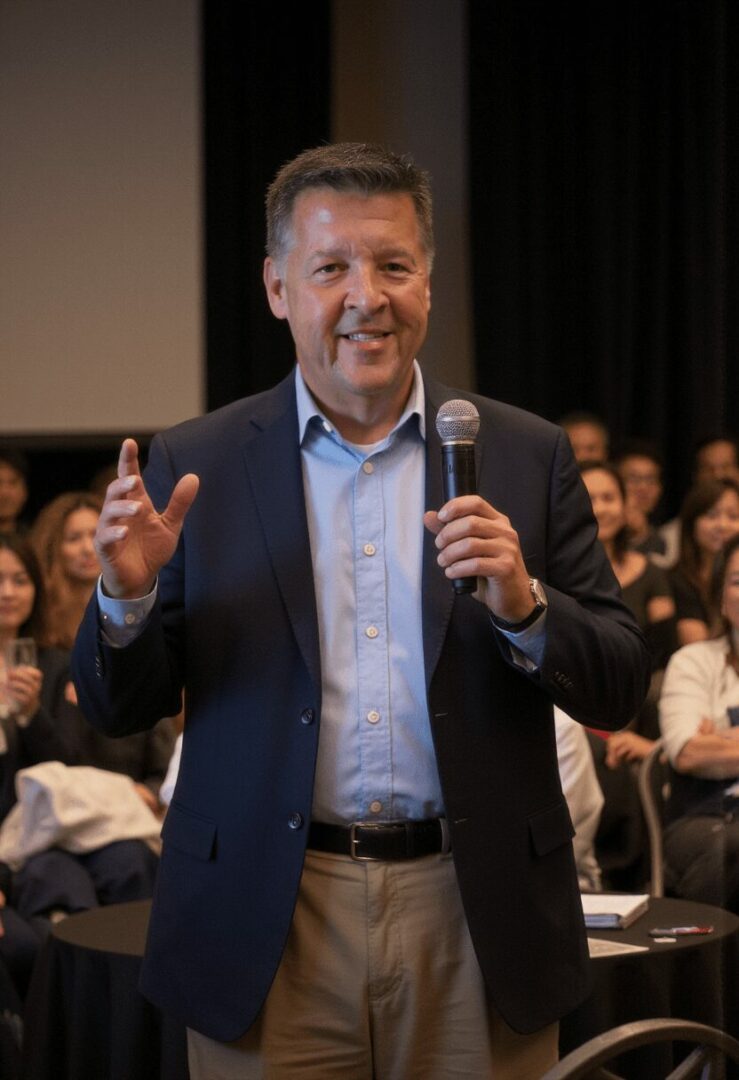
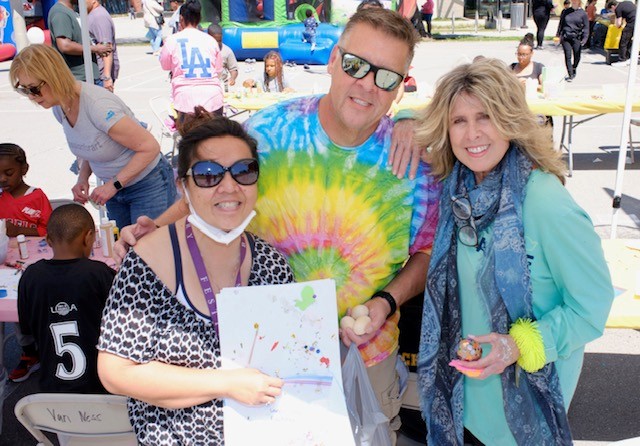
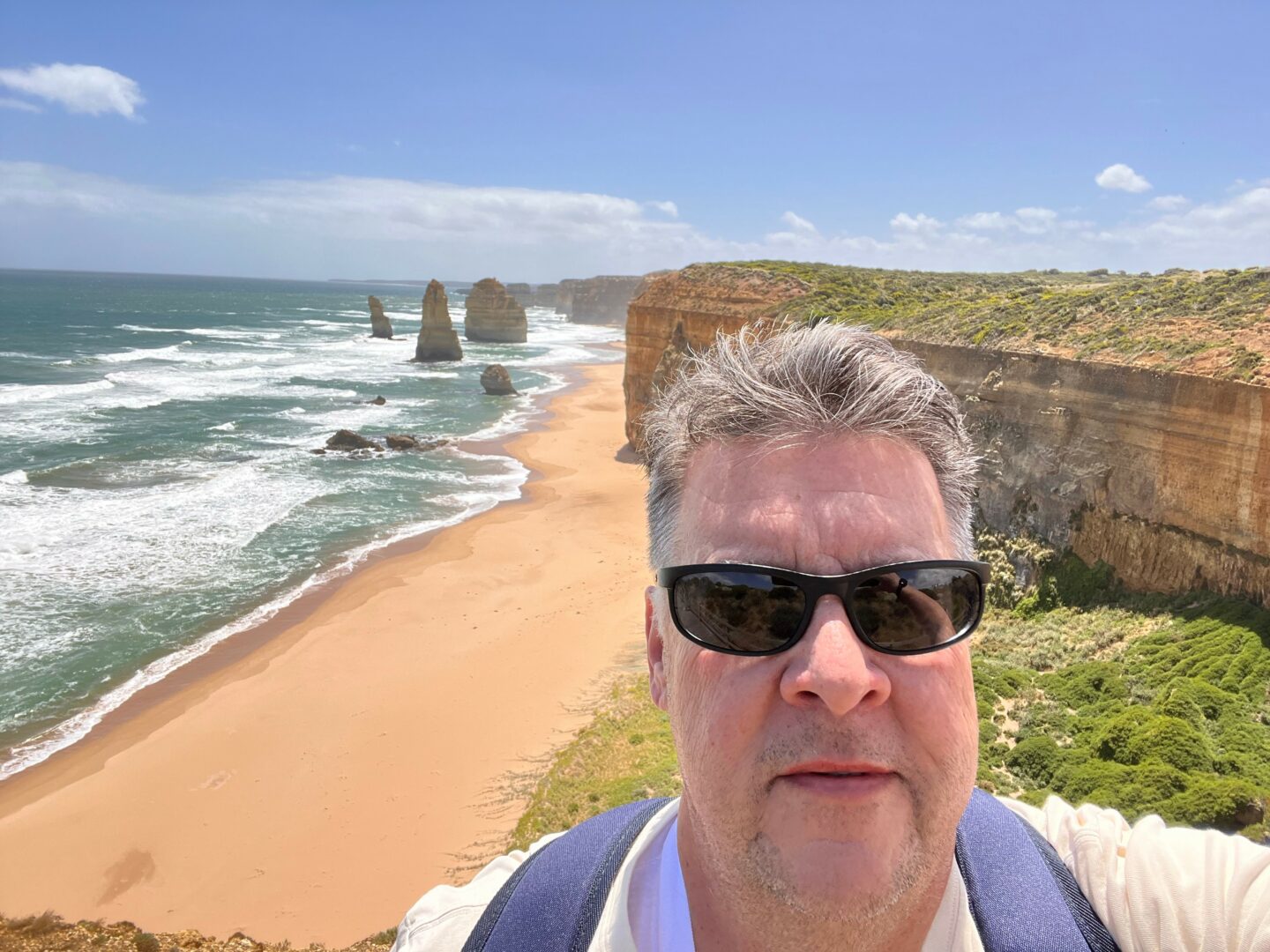
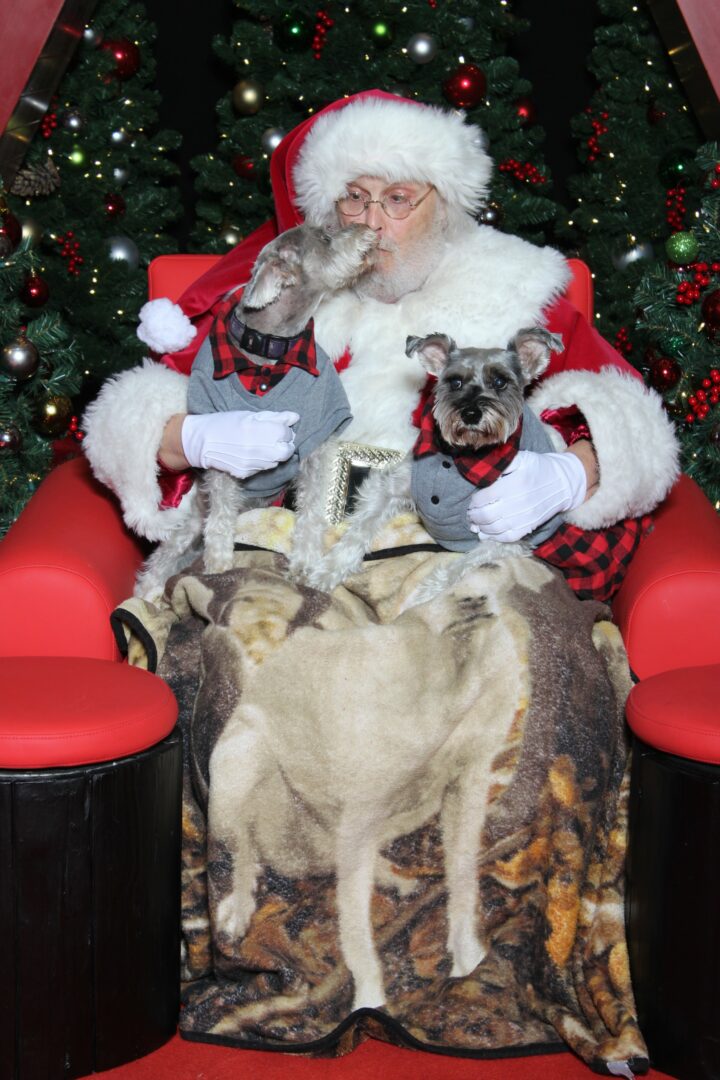
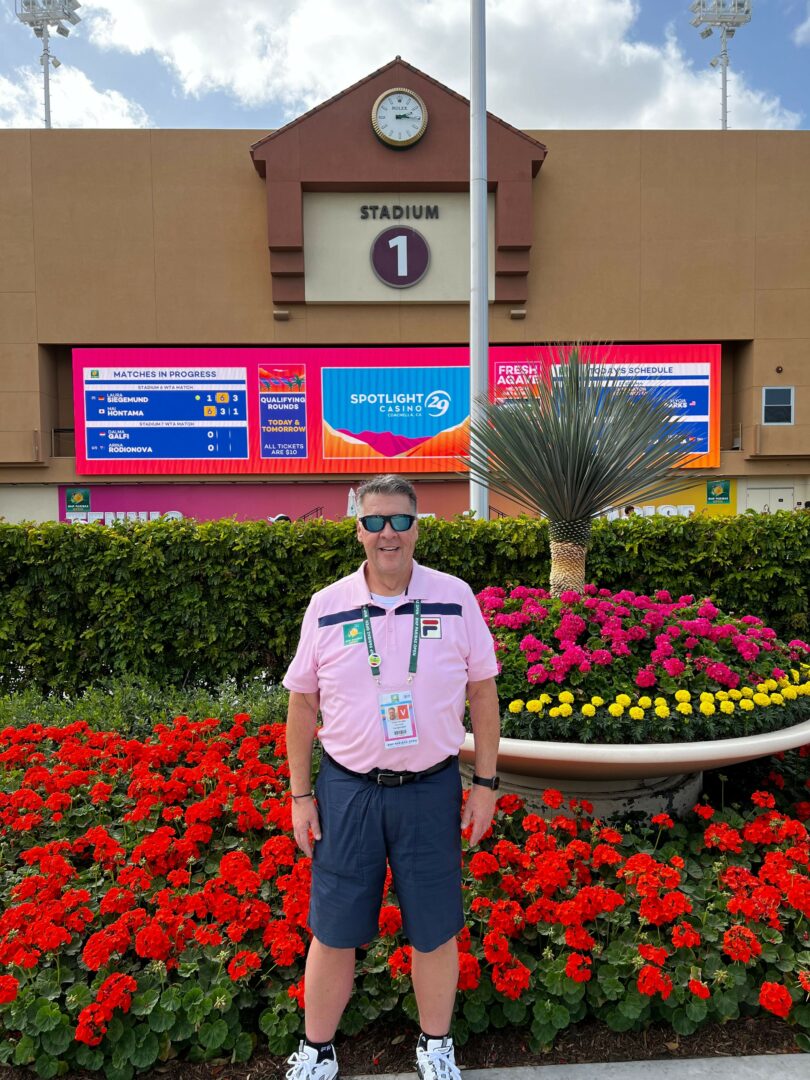
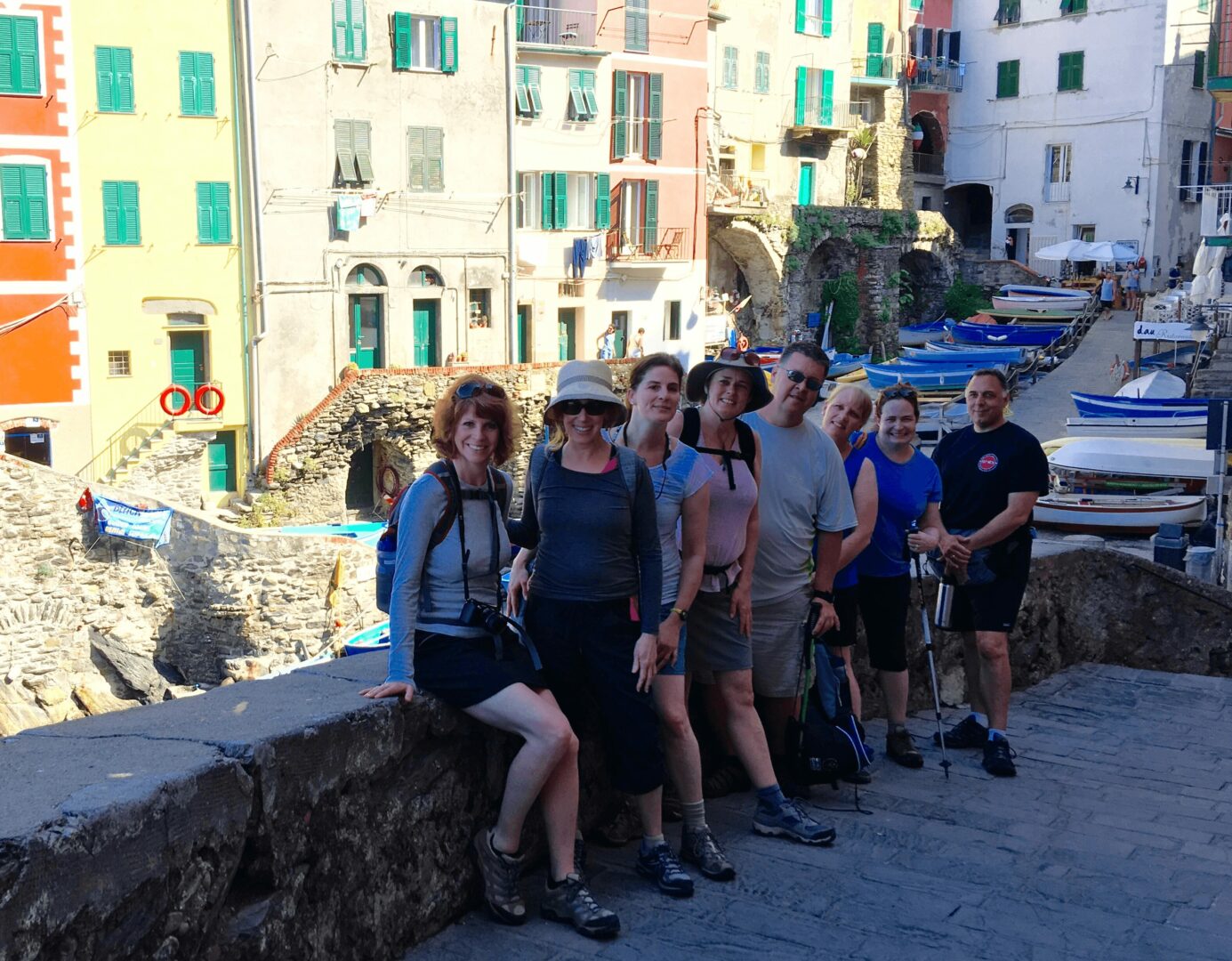
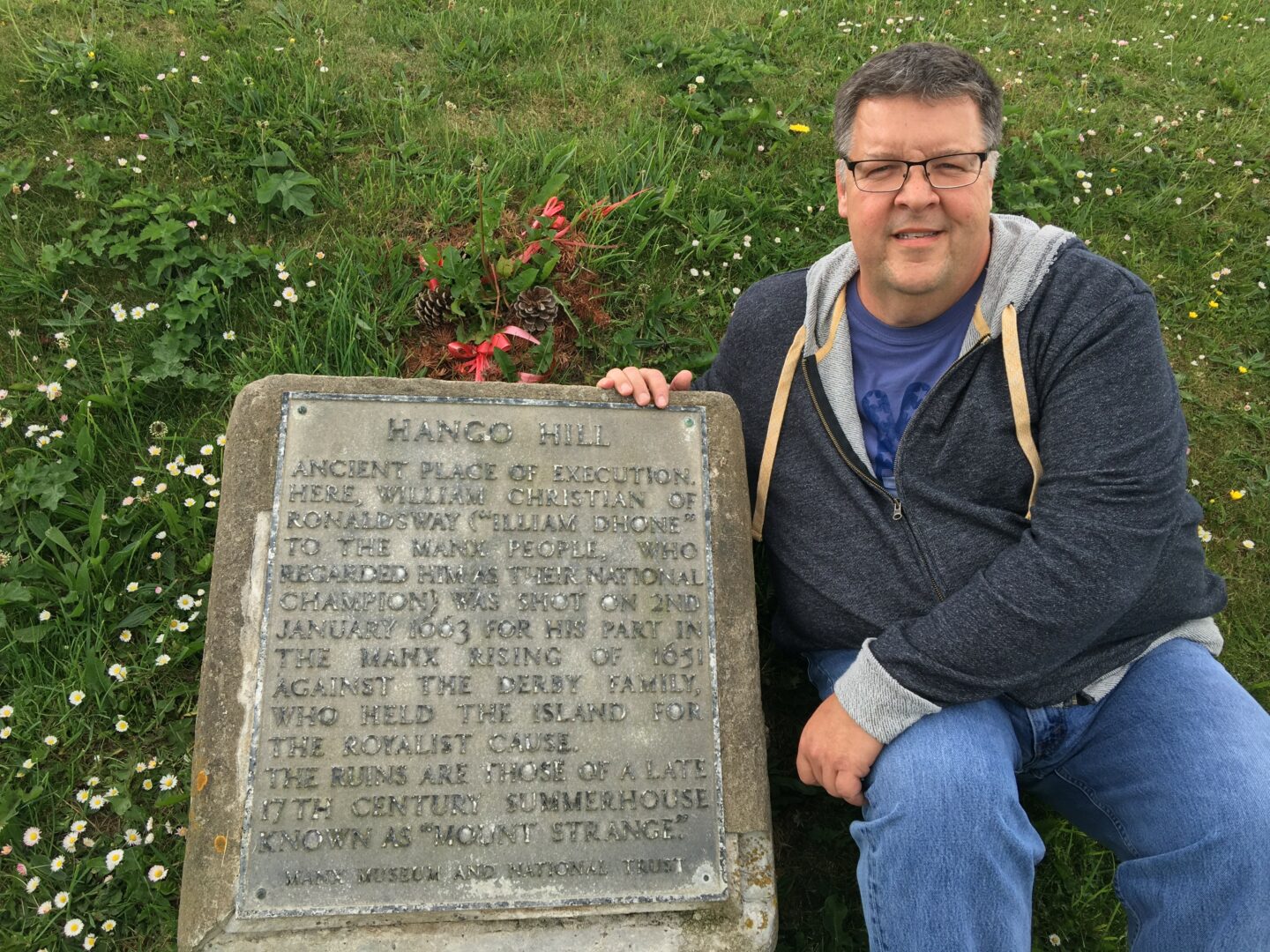
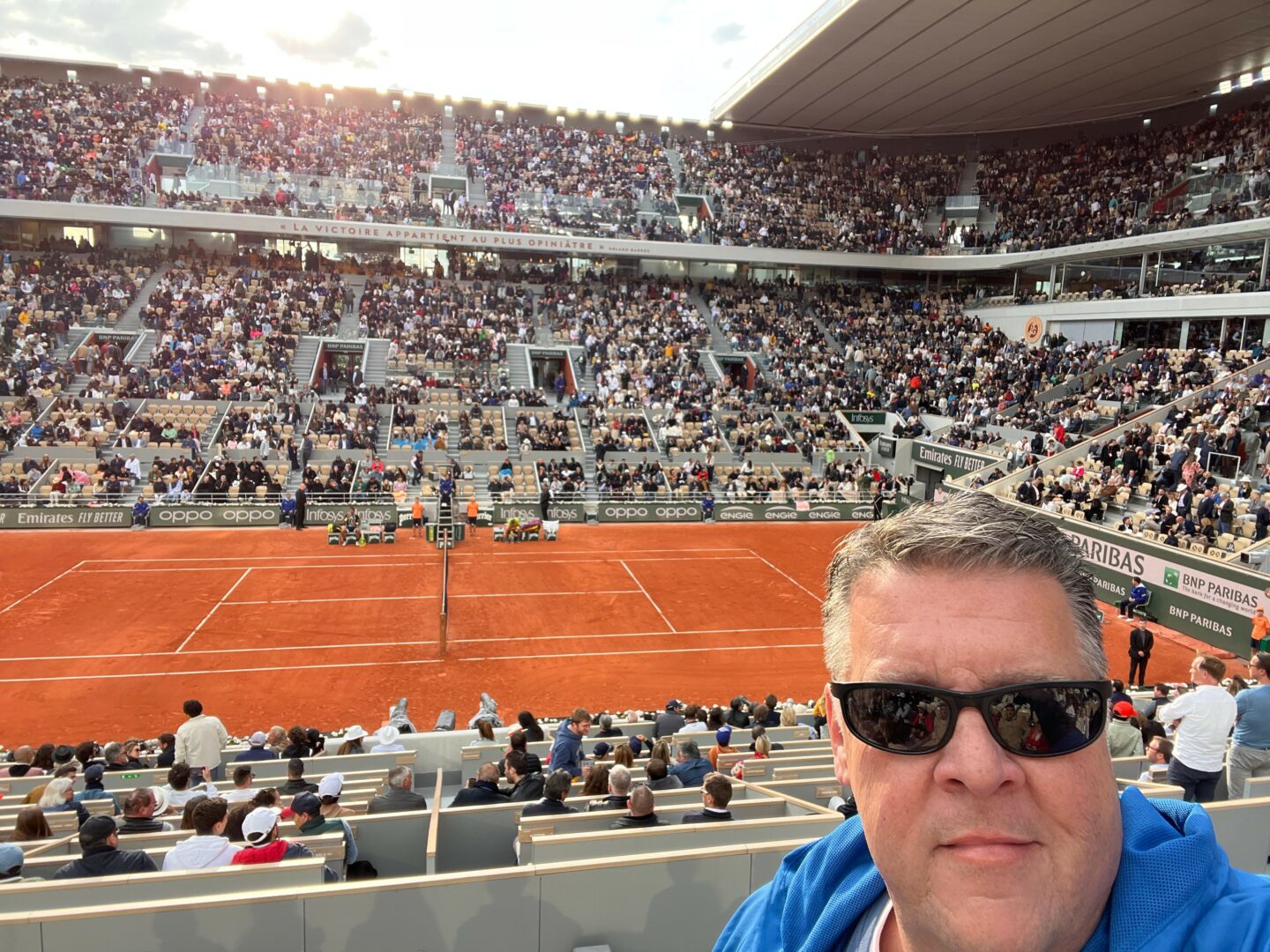
Image Credits
none
so if you or someone you know deserves recognition please let us know here.

